Brain herbs have been a key part of herbalism practices around the globe for centuries. Now, due to modern scientific advancements, nootropic herbs have seriously amped-up potency — making these botanical brain-boosting supplements more effective than ever before.
Yesterday’s traditional brain herbs are today’s advanced herbal nootropics.
Here are five top nootropic herbs, the best advanced forms to look for when buying them, and some leading brain formulas that include them:
#1 – Bacopa Monnieri: Botanical Memory Booster
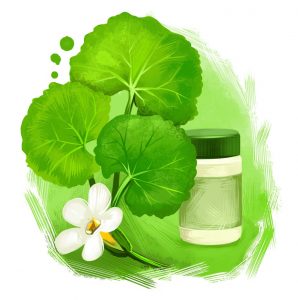 Bacopa monnieri is a mind-expanding Brahmi herb from ancient Ayurvedic herbalism. But today, Bacopa is more known as a nootropic herb for students.
Bacopa monnieri is a mind-expanding Brahmi herb from ancient Ayurvedic herbalism. But today, Bacopa is more known as a nootropic herb for students.
Bacopa monnieri is probably the best herbal memory-booster. It helps short-term memory, performance-oriented recall memory, and long-range memory.
Therefore, this nootropic herb can really help anyone. But perhaps most of all, Bacopa monnieri has an “academic” reputation because one human study found:
- Bacopa monnieri supplements may help us retain new knowledge longer.
Bacopa’s memory benefits are great for students. They are also good for competitive and professional brainpower.

Bacopa can help with both stress and knowledge retention, making it especially useful during exams.
Bacopa boosts way more than memory.
This traditional nootropic herb supplies many brain-healthy compounds, including antioxidants. Most importantly, Bacopa supplies nine nootropics known as bacosides.
Bacopa monnieri does many good things for the brain. It helps brain chemicals, brain circulation, and brain defenses. Due to these diverse benefits, Bacopa helps:
- Memory: Short-term, long-term, recall, and learning-oriented
- Processing speed: Shown to accelerate visual processing speed, most of all
- Stress: Adaptogen strengthens your stress resistance in mind and body
- Relaxation: Calms the mind while it improves mental clarity
- Mood: Has a mood balancing effect that is more obvious under stress
In addition, Bacopa monnieri supplies antioxidants that protect the brain.
#2 – Rhodiola Rosea: Mental Performance-Enhancer Herb
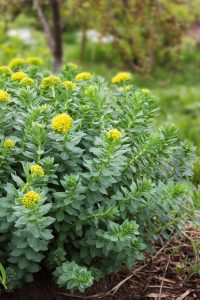 Bacopa monnieri and Rhodiola rosea are adaptogens. These plants normalize functions. If one body system is running hot, an adaptogen cools it. System too slow? Adaptogens speed it up.
Bacopa monnieri and Rhodiola rosea are adaptogens. These plants normalize functions. If one body system is running hot, an adaptogen cools it. System too slow? Adaptogens speed it up.
- Research backs adaptogenic herbs. Some research calls adaptogens’ tonic (good for almost everything) effects “nonspecific.”
Rhodiola rosea is the ultimate adaptogen. Its brainpower benefits place it among the best nootropic herbs.
First off, Rhodiola rosea is the best herb for stress. Olympic athletes in weightlifting and biathlon have used it because:
Rhodiola helps the brain and body to neutralize stress.
Basically, Rhodiola buffers all the systems that go haywire under stress. This includes the stress hormone cortisol.
Rhodiola works by reducing stress’s negative consequences. Stress can devastate brainpower and physical performance.

Rhodiola rosea’s benefits for mental stress, focus and physical endurance have made it a legendary legal performance-enhancer. It has reportedly been used by Olympic biathletes at powerlifters.
Rhodiola rosea’s anti-stress, brain-boosting effects help:
- Boost brain energy. Possibly a fast-acting, long-lasting benefit
- Increase work capacity, both physical and mental
- Enhance mental performance while under pressure and stress
- Improve and stabilize mood, while under stress most of all
Rhodiola is a great nootropic herb for anybody. Its mental performance benefits rise as stress increases.
As a result, competitive athletes and gamers like to use Rhodiola rosea as a nootropic performance-enhancer. It is also used in pre-workout supplements.
#3 – Lion’s Mane Mushroom: Herbal Brain Rejuvenator
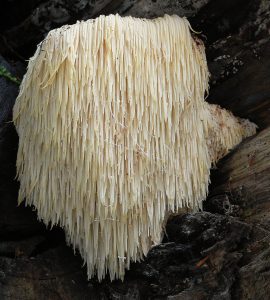
By Igelstachelbart,_Hericium_erinaceus.jpg: Lebracderivative work: Ak ccm [CC BY-SA 3.0], via Wikimedia Commons
Lion’s mane has a few beneficial bioactivities. Most of all, it is considered a nootropic because it helps to boost nerve growth factor (NGF).
Nerve growth factor is like fertilizer for brain cells. The brain requires healthy growth for cognition because nerve growth regulates:
- Plasticity: The brain forms new connections in response to new learning that require synthesis of new brain cells
- Memory and storage: The brain rearranges itself to store information as memory
- Regeneration: The brain is constantly repairing, renewing and maintaining brain cell membranes and their myelin sheaths
Therefore, Lion’s mane mushroom helps with these brain-regenerating activities and more.
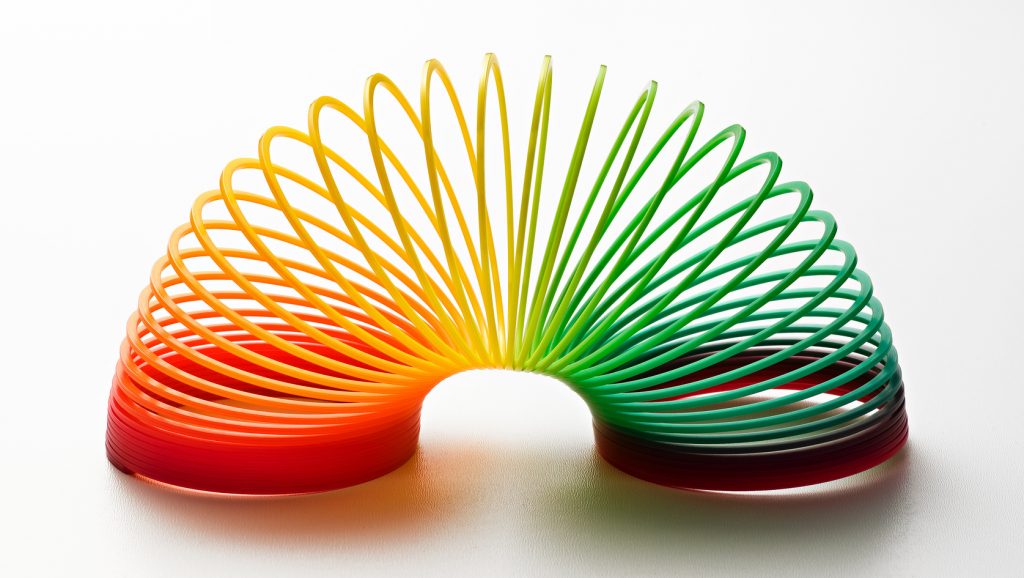
Lion’s mane mushroom boosts Nerve Growth Factor to help keep the brain flexible, resilient and healthy.
This nootropic mushroom helps brain regeneration.
Lion’s mane mushroom helps with mild age-related cognitive decline. It also seems like it may benefit brainpower, especially mood, focus and attention.
#4 – Pine Bark – Among the Best Nootropic Herbs for Overall Brain Health
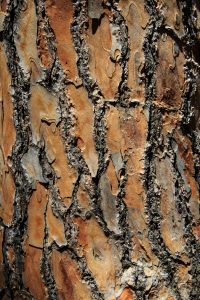 Pine bark is an early wellness herb. Native Americans would brew it as tea. Modern research confirms Pine bark is a powerful health promoter. Most noteworthy may be its brain health and cognitive benefits.
Pine bark is an early wellness herb. Native Americans would brew it as tea. Modern research confirms Pine bark is a powerful health promoter. Most noteworthy may be its brain health and cognitive benefits.
This herbal nootropic naturally supplies antioxidants called OPCs (Oligomeric Proanthocyanidins). OPCs have advantages for brain health:
- Potent Brain Protection: The OPC complex in Pine bark is a “super antioxidant” that neutralizes free radicals. Because they cross the blood brain barrier and reach the brain, OPCs are better than other antioxidants.
- Boosting Brain Circulation: Pine bark OPCs protect blood vessels. They also boost nitric oxide. Either benefit improves brain circulation.
Pine bark extract’s two main brain benefits are powerful. At first glance, they seem good for long-term brain heath — because inflammation, free radical damage, and poor circulation cause cognitive problems.
As it turns out, in addition to brain health, Pine bark might boost mental performance more than we realized.
Recent research shows Pine bark appears to enhance cognitive functions like attention, focus, concentration, and memory.

Pine bark is one of the most exciting nootropic herbs because emerging evidence suggests it may sharpen attention and focus in younger populations, in addition to its overall brain health benefits for adults over age 50.
#5 – Green Tea (or L-Theanine): Alpha Brainwave Wakeful Relaxation Booster
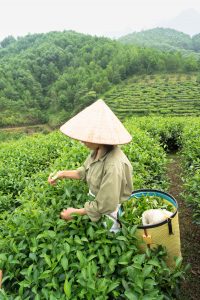 Green tea is the oldest nootropic herb. Drinking tea is a millennia-old ritual. Ancient minds enjoyed that same clean, relaxing sensation while drinking tea.
Green tea is the oldest nootropic herb. Drinking tea is a millennia-old ritual. Ancient minds enjoyed that same clean, relaxing sensation while drinking tea.
Green Tea’s active nootropic is L-Theanine.
Also found in oat grass, L-Theanine works differently from other nootropics:
L-Theanine boosts Alpha brain waves. This brain-state is described as wakeful relaxation.
- If you enjoy green tea, you probably know the feeling: Tranquility without sedation. Rather, the mind is clear, sharp, and calm.
Alpha brainwaves improve relaxation and mood. In addition, due to wakeful relaxation, Alpha brainwaves may help creative problem-solving, artistic endeavors, and other expository thinking.
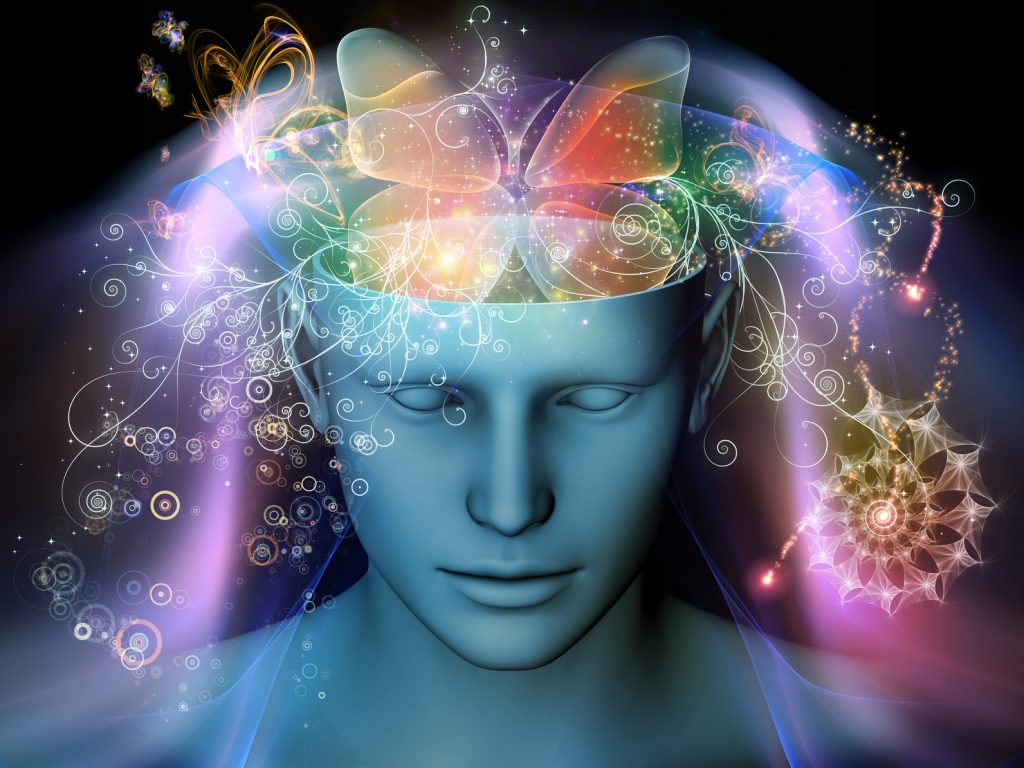
Green tea’s active nootropic L-Theanine tunes the brain to Alpha waves that are associated with a calm, creative and focused mindset.
In addition, like other nootropic herbs, green tea helps the brain in many ways. L-Theanine seems good for age-related brain fog, attention, relaxation, and stress reduction.
Table of Contents
Conclusion
Nootropics have many forms. They might be amino acids or phospholipids. They could even be vitamins or minerals.
- Nootropic herbs, however, form an especially key nootropic class.
Some botanicals for brain health have been used for what seems like forever. But science is advancing. Therefore, today’s nootropic herbs are getting better.
Maybe you are taking a nootropic herb as a standalone supplement. Or perhaps you are considering a nootropic stack formula with nootropic herbs. Whatever the case, in conclusion, nootropic herbs belong in all brain-boosting programs.
Brain Supplements that use the Nootropic Herbs in this Article
Nootropic stack supplements supply Bacopa monnieri, Rhodiola rosea, Lion’s Mane Mushroom, Pine Bark and Green Tea. Some of the most noteworthy include:
Mind Lab Pro |
|
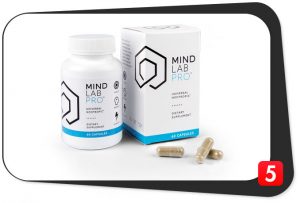 |
|
Study Juice |
|
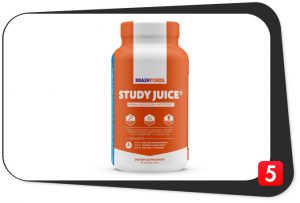 |
|
Brain Awake |
|
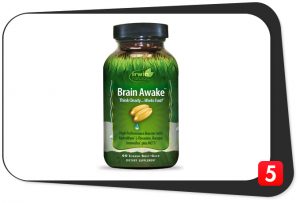 |
|
Neuro Peak |
|
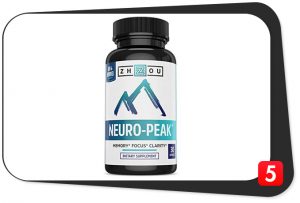 |
|
Procera XTF |
|
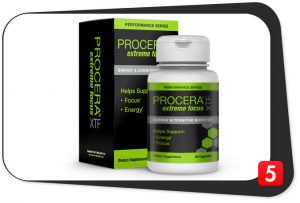 |
|
Additional Resources
- Best Nootropic Brain Supplements
- 2017 Edition: Best 5 Nootropic Supplements
- Best 5 Supplements Guide: How to Buy a Good Supplement
- Nootropic Brain Supplement Reviews
- Big List of Nootropics
References
Roodenrys S, et al. Chronic effects of Brahmi (Bacopa monnieri) on human memory. Neuropsychopharmacology. 2002 Aug;27(2):279-81
Panossian A, Wagner H. Stimulating effect of adaptogens: an overview with particular reference to their efficacy following single dose administration. Phytother Res. 2005;19(10):819–38.
Wong KH, et al. Neuroregenerative potential of lion’s mane mushroom, Hericium erinaceus (Bull.: Fr.) Pers. (higher Basidiomycetes), in the treatment of peripheral nerve injury (review). Int J Med Mushrooms. 2012;14(5):427-46.
Balestreri R, et al. Bagchi D. Free radicals and grape seed proanthocyanidin extract: importance in human health and disease prevention. Toxicology. 2000 Aug 7;148(2-3):187-97.
Nobre AC, et al. L-theanine, a natural constituent in tea, and its effect on mental state. Asia Pacific Journal of Clinical Nutrition, 01/2008; 17 Suppl 1:167-8.
Leave a Reply